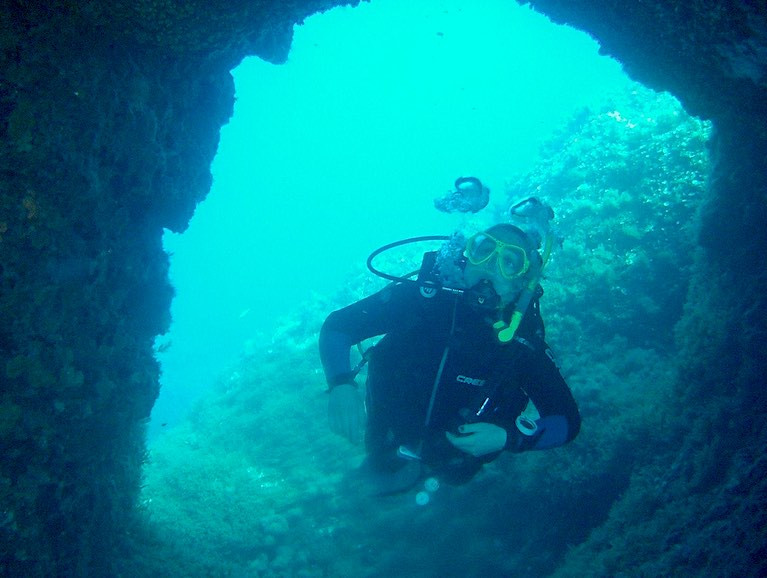Some 30 per cent of researchers worldwide are female, according to UNESCO which marks International Day of Women and Girls in Science this week
About 35 per cent of all students in STEM-related fields – that’s science, technology, engineering and maths – are women, UNESCO says.
However, about 51 per cent of staff at the Marine Institute in Galway are female, and about 70 per cent hold key roles in science, technical analysis and research, extending from oceanography and ocean climate to fishery ecosystems, marine environment and food safety.
Marine Institute director of corporate services Patricia Orme says the organisation also has women working in policy, innovation and research, maritime development and corporate roles.
“We are extremely proud to note that 80% of our female employees hold bachelor, masters or doctorate level qualifications," she says.
Wavelengths spoke to three of those women – starting with postdoctoral researcher Julia Calderwood who is involved in designing what will be a very useful app for the fishing industry to help reduced unwanted catches as part of the IFish project funded by Science Foundation Ireland.
 lizabeth Tray, from North Carolina, is team leader for data co-ordination and reporting on marine spatial planning
lizabeth Tray, from North Carolina, is team leader for data co-ordination and reporting on marine spatial planning
Elizabeth Tray, from North Carolina, is team leader for data coordination and reporting on marine spatial planning and the EU’s Marine Strategy Framework Directive.
Yvonne Bogan from Donegal took her PhD in marine biotoxins and formerly worked with the Environmental Protection Agency. She is now quality manager team leader with the Marine Institute.
 Yvonne Bogan, a quality manager team leader with the Marine Institute
Yvonne Bogan, a quality manager team leader with the Marine Institute
For more profiles of female scientists in marine research, follow #WomenInScience on the Marine Institute’s Facebook, Twitter and Instagram pages.
You can listen to Wavelengths below



























































